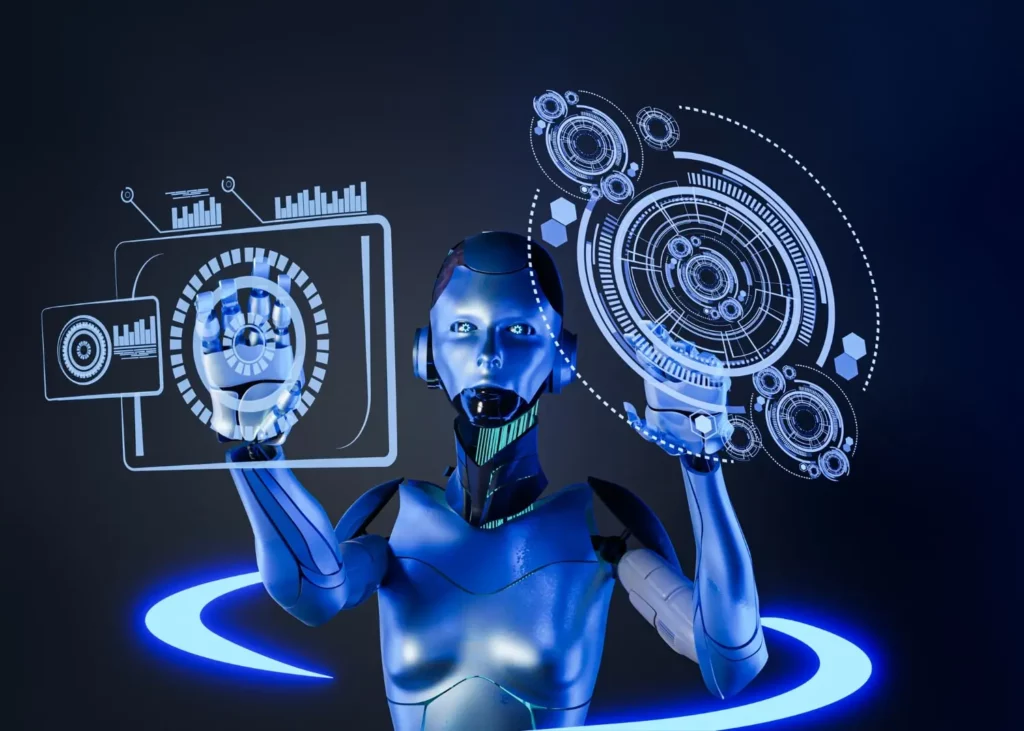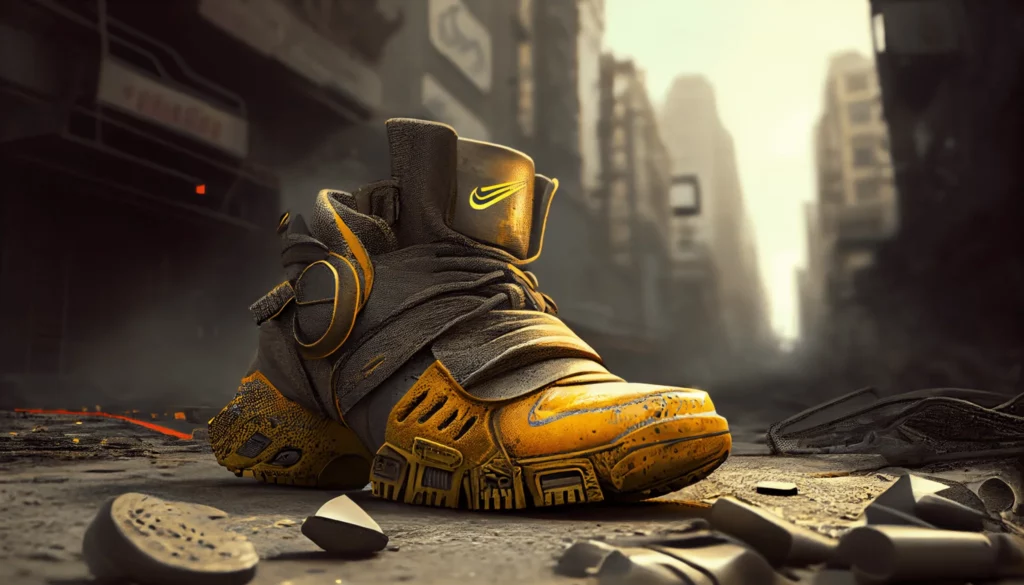Artificial Intelligence (AI) has been making strides in numerous industries, and the automotive industry is no exception. AI has the potential to revolutionize the way vehicles are manufactured, operated, and maintained. However, there are also considerable drawbacks to the implementation of AI in the automotive industry. This article will delve into the disadvantages of AI in the automotive industry.
Increased Cost of Production
One of the significant disadvantages of AI in the automotive industry is the increased cost of production. AI-powered technology requires extensive research and development, which translates into higher costs. The technology is also complex, necessitating specialized personnel. This drives up the cost of hiring and training, all of which add up to the cost of producing AI-powered cars.
Cybersecurity Risks
The automotive industry has been subject to numerous security breaches in recent years. The implementation of AI technology in cars further exposes them to cybersecurity risks. With AI systems becoming more sophisticated, malicious attackers stand to gain access to the vehicle’s systems, leading to disastrous consequences.
Hacking Risks
Hackers can exploit vulnerabilities in the AI system’s code, leading to an unauthorized takeover of the vehicle. This puts occupants’ lives at risk and can lead to massive lawsuits.
Privacy Concerns
AI systems collect a significant amount of data on occupants’ behavior and preferences. However, with hackers gaining access to the systems, the individual’s privacy becomes vulnerable.
Reliance on AI
The introduction of AI to the automotive industry may lead to over-reliance on technology. This may lead to a tech-dependent society, driving humans’ ability to think critically and make informed decisions. Furthermore, the over-reliance on AI systems could lead to system faults or failures that could result in detrimental consequences.
Unemployment
The increased integration of AI systems in the automotive industry could lead to significant job losses. For instance, automated assembly lines and driverless cars will render the current workforce obsolete.
Lack of Skilled Labor
With AI systems taking over the manual labor previously done by humans, the demand for skilled labor shifts to those with expertise in AI technology. This leaves out thousands of factory workers with no relevant training to secure alternative employment.
AI-supervision
Although the majority of tasks in the automotive industry will be automated, there will still be a need for human supervision. However, there will be a limited number of such positions, meaning that numerous people will be left out of employment.
Ethical Dilemma
As AI becomes integrated into the automotive industry, ethical dilemmas are bound to arise. For instance, when it comes to driverless cars, there is a chance that the algorithm controlling the vehicle must choose between preserving the passengers’ lives or pedestrian lives. As such, it raises the question of who is responsible for the decision when an accident occurs.
Legal Consequences
In the event of an accident involving AI-powered cars, it may be challenging to determine who is responsible for the accident. This may lead to protracted legal battles that may take years to resolve, creating immense losses for all parties involved.
Conclusion
AI’s integration into the automotive industry brings forth many advantages, such as increased safety, efficiency, and convenience. However, it also presents several drawbacks, such as increased costs, cybersecurity risks, over-reliance on technology, job losses, and ethical dilemmas, among others. Therefore, it is crucial that steps are taken to address these challenges, ensuring that the benefits of AI in the automotive industry outweigh its disadvantages.










